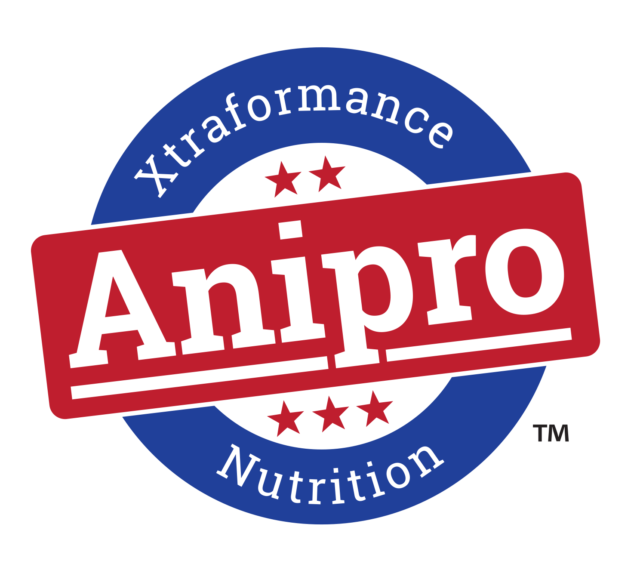Those tariffs can move forward, the WTO ruled, because U.S. COOL laws have penalized meat imports from the two nations by requiring package labels to identify where animals are born, raised and processed.
Industry groups warned that without immediate action from Congress, retaliatory policies and tariffs could begin by mid-December.
Repeated appeals by the U.S. to overturn WTO decisions against the rule have all failed. The most recent arbitration decision cannot be appealed. Members of Congress are now prepared to push through legislation repealing the law over concerns Mexico and Canada will push retaliatory tariffs on U.S. products ranging from beef and pork to cherries and wine.
“The COOL rule has been a failure on all accounts; it has cost our livestock industry billions in implementation; it has violated our trade agreements with two of our largest export markets; it has resulted in the closure of several U.S. feedlots and packing facilities; and it has had no effect on the price or demand for U.S. beef,” says National Cattlemen's Beef Association (NCBA) President Philip Ellis. “The House voted in an overwhelming bipartisan vote of 300-131 to repeal COOL, and it is time for the Senate to do the same before retaliation damages the entire U.S. economy and irreparably harms our strongest trading relationships.”
Canada’s portion of the tariffs would be $781 million and Mexico’s would be $227 million. Those figures came well below the approximate $3 billion in tariffs the two countries initially wanted from WTO.
The lowered amounts added more resolve to COOL supporters, saying the damage done to those economies doesn’t hold up.
“The WTO decision is utterly absurd,” says R-CALF United Stockgrowers of America (R-CALF USA) CEO Bill Bullard. “The entire value of Canada’s live cattle imports in 2014 was $1.753 billion, and this represented an historical high. It is absolutely impossible that Canada could be suffering an annual loss representing 45 percent of Canada’s record high imports.”
But the momentum to change the law was building as trade groups and agricultural commodity groups argued the retaliations would damage ties with two of the nation’s best trade partners.
“It’s disappointing this matter had to come to this point because we’ve long said that it would invite retaliation from Canada and Mexico, our two best trading partners,” says North American Meat Institute President Barry Carpenter. “As the Canadian and Mexican governments prepare to impose these tariffs, we are reminded of the sage prophet, Pogo, who said, ‘We have met the enemy and he is us.’ The only way to remove this lump of coal in the United States’ Christmas stocking is swift repeal of mandatory COOL.”
Tim Reif from the Office of the U.S. Trade Representative said in a statement that the decision was disappointing and would lead to new action from the government and Congress.
"We will continue to consult with members of Congress as they consider options to replace the current COOL law and additional next steps. In the meantime, if Canada and Mexico take steps to raise import duties on U.S. exports, it will only harm the economies of all three trading partners." ![]()











